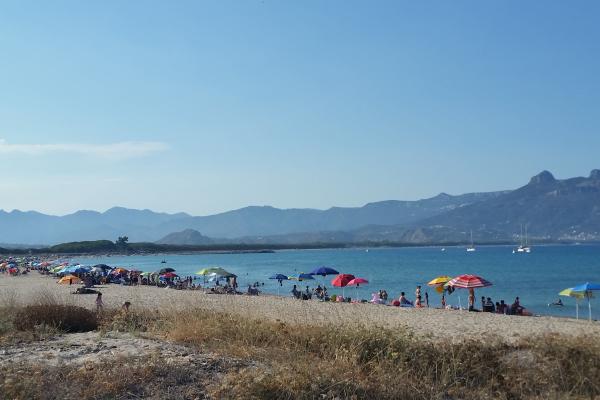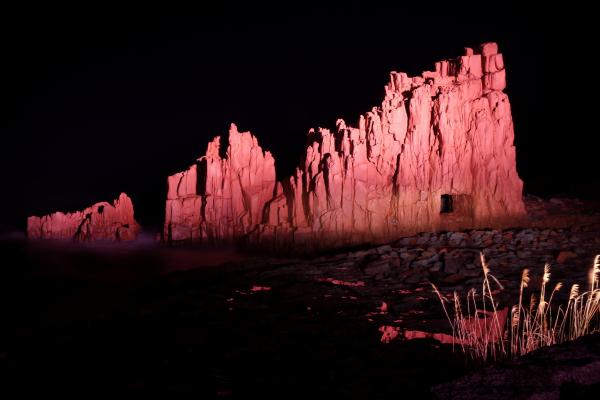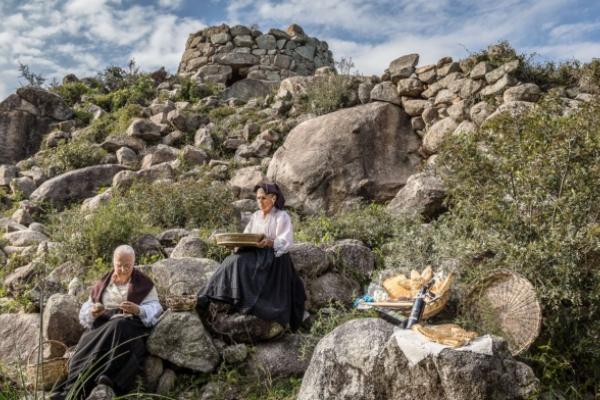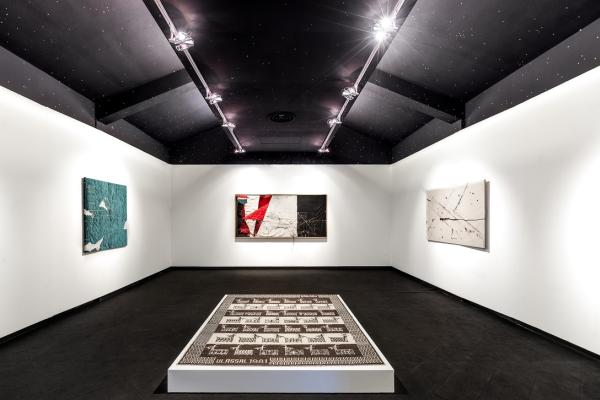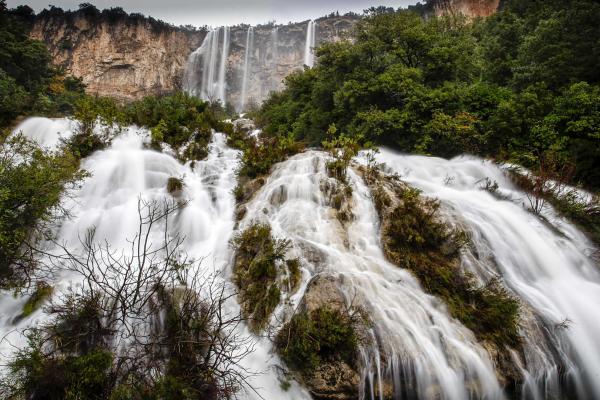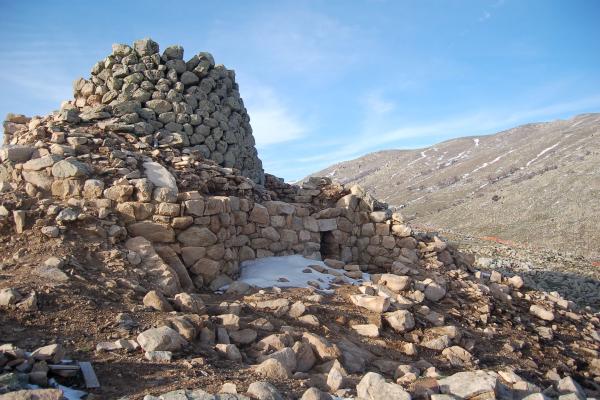
Tortolì is the port of Ogliastra, the gateway to a surprising world with a wide variety of landscapes. Around the city, where 11,000 people live and to which tens of thousands of tourists flock in summer, you’ll find tropical beaches, dense woods and Mediterranean brush, fertile plains and marshes, gently rolling hills covered in tilled fields and an oddity, a wide stripe of porphyry red rock that runs parallel to the coastline. The Rocce Rosse, literally red rocks, in the Arbatax area are the most spectacular example of this phenomenon, a natural monument that sticks straight up out of the emerald blue sea along the shore offering a truly amazing colour contrast. It is here that the Rocce Rosse Blues festival is held. The adjacent harbour is where the tourists arrive and take off on excursions to explore the enchanting coves and inlets of Ogliastra. The sea around Tortolì is magnificent, it is the shoreline that has most often been awarded the FEE’s Blue Flag. Behind the Rocce Rosse is Cala Moresca, the city’s pride and joy, a beach of golden sand edged with granite boulders. A bit further south you’ll find the many shades of blue of Porto Frailis and the long Lido di Orrì beach: sixteen kilometres of hidden coves and little beaches, including the lovely Cala Ginepro, blessed with fine sand, polished pebbles and a stand of juniper trees, and San Gemiliano. The red rocks also appear in the little slice of heaven that is Cea, four kilometres of soft white beaches. This spectacle of nature is complemented by lovely green areas: like the town’s La Sughereta park and Batteria park, perched on the top of a hill with views over the entire gulf.
There are more than 200 monuments here that date back to the Nuragic Age, and the s’Ortali ‘e su Monti is an exemplary site. Its seven hectares includes a Nuragic complex, a Giant’s Tomb, two menhirs, huts, a domu de Janas chamber tomb, a wall and the remains of another nuraghe. The port of Sulci Tirrenica was built to accommodate navigators with the arrival of the Phoenicians (VII century BCE) and the Punic peoples. Traces of Punic settlement were found in the marshes of Tortolì, while vestiges of Roman domination take the form of shipwrecks in the depths of the gulf. The ancient control towers, like the torre di San Miguel, were built by the Spaniards. The city’s landmarks include the su Logu de s’Iscultura museum of modern art and the former Cathedral of Sant’Andrea, a classic building from the XVIII century built over an older church. Two chapels of the older church remain, and in one of them they found the simulacrum of St. Elisabeth of Hungary. Inside the church is an elaborate altar of multi-coloured marble. The town’s most heartfelt festival is Stella Maris in late July at the church of Arbatax and features a procession that leads to the water’s edge.
While in the area, make sure to eat some culurgiones, typical ravioli, the stews, porcetto, roast lamb and boiled sheep meat along with a glass of cannonau, the most authentic of Ogliastra’s experiences.
lasciati ispirare
Pictures and videos
Let yourself be inspired
What's to see
Nearby hotels and accommodations













